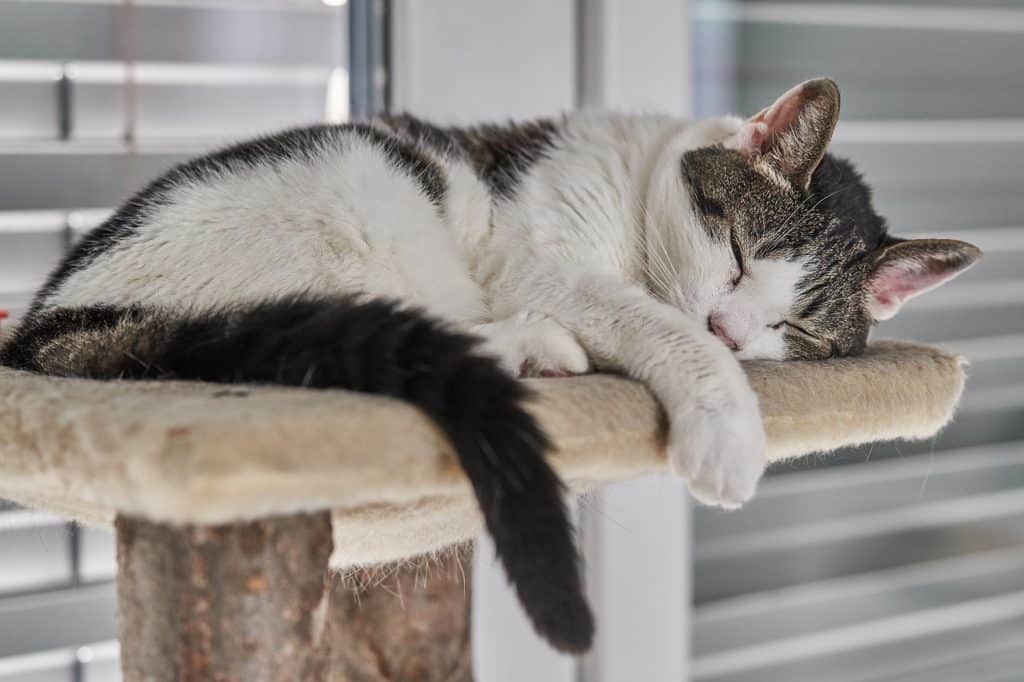
More and more, obesity is becoming common in our pets. If you’ve struggled to get your cat or dog to lose weight, you’re not alone. Over 50% of all cats and dogs are overweight in the United States. And most pet owners are unaware about their pet’s condition. On average only 15% of cat owners thought their overweight cat was normal, ditto for 22% of all dog owners.
Pet obesity leads to early death, overweight pets live 2.5 years less than normal weight animals. Being overweight can also lead to almost all other issues in our pets, some of which include: arthritis, diabetes, high blood pressure, kidney disease, certain cancers, heart and respiratory disease, among others.
Pet obesity is a relatively new problem, especially in cats and dogs. Over the last 10 years, there has been a 169% increase in the number of overweight cats, and a 158% increase in the number of overweight dogs. This problem isn’t just in America. In China, it’s estimated 44% of all pet dogs are overweight.
Age is an important factor in pet obesity. The older the dog or cat, the less active it becomes. Typically, however, humans continue the pet on the same diet of food. As your pet ages, it’s important to talk to your vet about a proper diet for each stage of life.
As we age, we also affect our pet’s weight. Because humans are also less active the older they get, our pets weight can suffer, in addition to our own. It’s important for all of us to find ways to stay active, like taking frequent walks with our dogs, or setting aside basic play time for our cats.
Obesity in our pets is not limited to cats and dogs. The number one health issue for pet birds is obesity. Because most pet birds are kept in cages with food close by, they don’t have to expend the required energy to “hunt” for the food.
This year, I adopted a cat that was overweight, knowing the challenges ahead. Once I took her in, she gained even more weight, to the point that it was difficult to clean herself. All this happened while I thought I was starving her, and using every second of my free time to keep her active. Still, it wasn’t until I changed her diet that I started to see some results. While diet change worked for me, that might not be the desired result for your pet. Still, talking to your vet about the pet’s diet should be the first step in developing a proper plan to get its weight under control



Pingback: Facts about Obesity in Pets | Kansas City KS Ve...